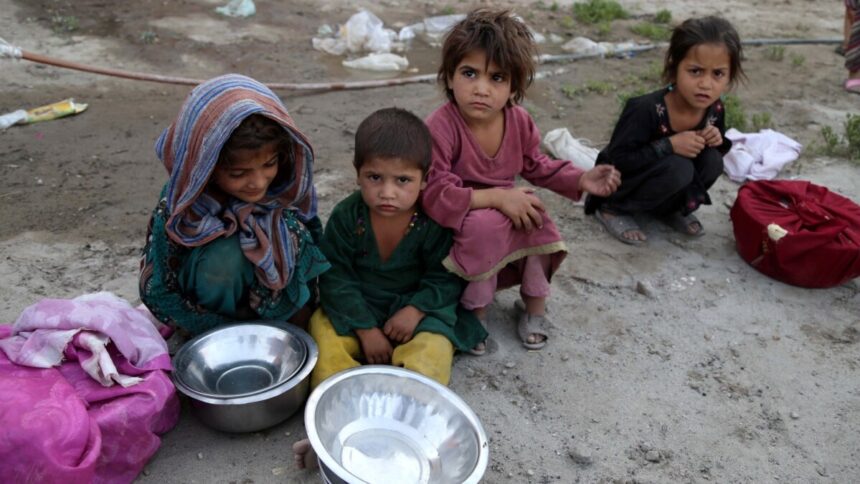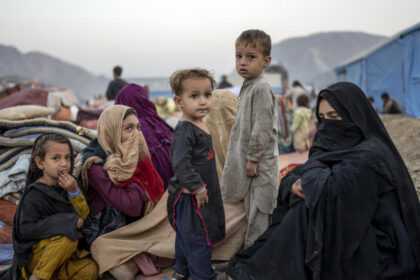RASC News Agency: The United Nations Children’s Fund (UNICEF) has issued an urgent warning that a dramatic reduction in global aid compounded by the suspension of substantial financial support from the United States has severely disrupted access to life-saving therapeutic nutrition for millions of children in Afghanistan. According to UNICEF, more than 3.5 million Afghanistani children are currently suffering from malnutrition, with 1.5 million of them at risk of life-threatening severe acute malnutrition. Stocks of RUTF (Ready-to-Use Therapeutic Food), the most critical treatment for severe wasting, are rapidly dwindling. Nutrition centers in Kabul and in vulnerable provinces such as Helmand and Badakhshan are being forced to curtail or shut down services due to the shortage of supplies and resources.
In response to the escalating crisis, the UN Office for the Coordination of Humanitarian Affairs (OCHA) has launched a $2.42 billion emergency appeal to support Afghanistan. However, the required funding remains critically underdelivered. Among the stark consequences of these budget shortfalls is a projected 20% reduction in UNICEF’s global operational budget for the upcoming year one of the most devastating repercussions of the U.S. aid cuts. As a result, more than 14 million children worldwide are now at risk of being cut off from essential nutrition services, with Afghanistan being one of the most severely affected countries.
UNICEF data reveals that 41% of children under the age of five in Afghanistan are suffering from stunting, a key indicator of chronic malnutrition. In 2018, approximately 1.3 million children under five required urgent treatment for acute malnutrition. By 2025, that figure has surged to 1.5 million. In the first months of this year alone, more than 2 million children were reported to be acutely malnourished, 600,000 of whom are in a critical state requiring immediate intervention. The collapse of therapeutic nutrition services in Kabul specifically the closure of a key center operated by Action Against Hunger following the withdrawal of U.S. funding has had a devastating impact. The center’s shutdown led to mass staff layoffs and a complete halt in the distribution of therapeutic foods. Meanwhile, the Ministry of Public Health reports that medical stockpiles in crisis-affected regions are nearing depletion, and the possibility of replenishing them under current budgetary constraints is extremely limited.
Tajudeen Oyewale, UNICEF’s Country Director for Afghanistan, has called for urgent international action to avert a mass child mortality event. In parallel, Corinne Fleischer, Country Director for Action Against Hunger, warned that without immediate financial support, thousands of children will die from conditions that are entirely treatable with timely intervention. Both UNICEF and the World Food Programme (WFP) are urging international donors to prioritize humanitarian funding at the upcoming “Nutrition for Growth” summit in Paris, emphasizing that further neglect will irreversibly dismantle critical child nutrition systems across Afghanistan.
This crisis not only signals an unfolding humanitarian catastrophe but exposes the fragility of an international aid system faltering in the face of political indecision and donor fatigue. Without coordinated, urgent, and sustained action, millions of Afghanistani children will remain trapped in a cycle of hunger, disease, and despair.






